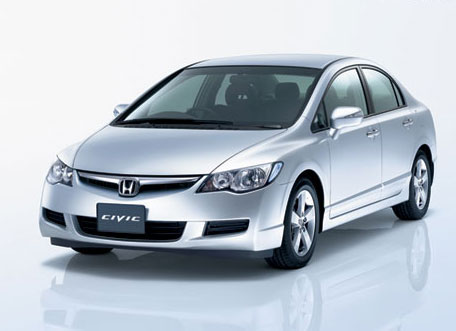
The Wrong Gas
Drivers fill their gas tanks with the wrong type of fuel more often than you might think. For example, they'll put diesel gas in when they should be using unleaded (or vice versa). It's an innocent mistake, but it can cause severe damage. If you fill your tank with the wrong gas and recognize the mistake immediately, don't start your engine. Doing so will circulate the gas throughout your car, potentially damaging parts in the process.
Instead, have your car towed to the nearest mechanic. He'll be able to drain the gas tank of the wrong fuel. The drain may cost a few hundred dollars, but it's better than having to pay thousands to repair or replace expensive parts.
Bad Water Pump
Your car's water pump will likely develop a leak at some point. When it does, you should replace it as soon as possible. A lot of drivers fail to do so and as a result, their car's engine ends up overheating. The problem is that an overheated engine can cause the head gasket to blow or rupture. While a blown gasket may sound benign, it usually requires that substantial repair work be performed on the engine.
Replacing the water pump may only cost a few hundred dollars (including the labor). By contrast, replacing the head gasket can carry a price tag of over $2,000. Address the problem early and you'll save money in the long run.
Low Oil
The motor oil that you put in your car lubricates the parts during combustion. If your car runs out of oil, that lubrication deteriorates. When that happens, the parts grind together and heat builds, eventually causing your car to die. At that point, adding oil might not do much good because your engine is likely damaged and may even need to be replaced. Aside from running your car off a steep cliff, allowing the oil levels to decline is one of the most damaging things you can do.
Taking care of your car is largely a matter of identifying and addressing small problems early. If you do, those small problems won't lead to expensive car repairs in the future. And these days, when the economy is soft, avoiding unnecessary repairs is like money in the bank.
Everette Jamison


















